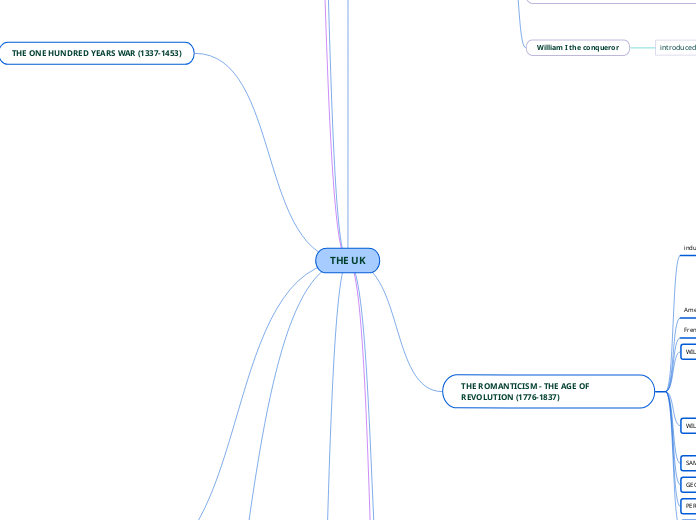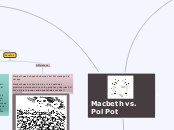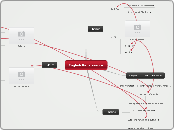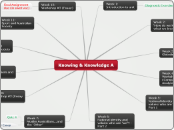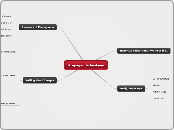THE UK
THE AUGUSTAN AGE (1714-1760)
JONATHAN SWIFT(1667-1745)
The Gulliver's travels
realism and utopia
DANIEL DEFOE (1660-1731)
Robinson Crusoe
realism
The raise of the novel
George II (1727-1760)
Jacobite ribellion
George I (1714-1727)
He spoke only German
First Hanoverian ruler
This period is also called " ENLIGHTENMENT" or "NEOCLASSICAL AGE "
THE RESTORATION (1660-1776)
Queen Anne (1702-1714)
The act of union (1707)
GREAT BRITAIN
The last Stuart
William III (1689-1702)
Act of settlement (1701)
Toleration act
Bill of right (1689)
James II (1685-1698)
Secret plan against him : the English wanted a protestant king
It began with Charles II (1660-1685), a Stuart heir
The great fire of London (1666)
The great plague (1665)
THE RENAISSANCE (1485-166O)
It's began with the battle of Bosworth, in the battle of two roses
Oliver Cromwell (1649-1660)
Commonwealth
Charles I (1625-1649)
Absolutist king
long parliament (1641)
CIVIL WAR
The king was beheaded
short parliament
After Elizabeth I, the throne of England went to James VI of Scotland (James I)
Puritan dissent: pilgrim fathers (1620)
Catholic dissent: Gunpowder plot (1605)
Tudors dynasty
Henry VII
Henry VIII
The act of supremacy
He had 6 wives
Catherine Parr
Catherine Howard
Anne of Claves
Jane Saymour
Edward VI
The book of common prayer
Anne Bolene
Elizabeth I
William Shakespeare
The globe theatre
histories
comedy
tragedy
Romeo and Juliet
Hamlet
154 sonnets
127-154 to dark lady
1-126 to fair youth
She defeated the Spanish Armada
Virgin queen
Protestant queen
Catherine of Aragon
Mary I
Catholic queen
Bloody Mary for her intolerance in religious matter
He proclaimed himself Had of the Church
The Church of England was declared independent
when the pope refused his divorce with Catherine of Aragon , the things changed
Difensor fidei
Arthur
THE ONE HUNDRED YEARS WAR (1337-1453)
In this period Geoffrey Chaucer was born (1343)
The father of English poetry
Canterbury Tales
General Prologue
story of 30 people who are going on a pilgrimage to regeneration from corruption
Two fases
France defeats England
Joan of Arc
English have more successful
Socials and religious revolt
Black plague
The war broke out because
Economical interests
Claime control
Flanders for wool
Gascony for wine
Political interests
To fight for the throne
NORTHEN IRELAND
BRITAIN
Wales
Scotland
England
THE MODERN AGE (1901-1945)
James Joyce
Dubliners
Eliot
The Waste Land
THE VICTORIAN AGE- AN AGE OF INDUSTRY AND REFORMS (1837-1901)
Thomas Hardy
Tess of the d'Urbervilles
Charles Dickens
Oliver Twist
BRITISH EMPIRE and commonwealth
The new political parties
Labour Party
liberals
conservatives
social reforms
trade union act
emancipation of religious sects
mines act
the poor: urban slums
Industry and science
Free trade and Great Exhibition
The Chartist Movement and reform bill
THE ROMANTICISM - THE AGE OF REVOLUTION (1776-1837)
JHON KEATS (1795-1821)
PERCY SHELLEY (1792-1822)
GEORGE GORDON (1788-1824)
SAMUEL COLERIDGE (1772-1834)
WILLIAM WORDSWORTH (1770-1850)
I wandered lonely as a cloud
Lyrical ballads
nature as a life force
nature as a source inspiration
nature as the countryside
WILLIAM BLACK (1757-1827)
French Revolution
American revolution
industrial revolutions
FACTORY SYSTEM
development in transport and communication
new machines
new energy sources
new materials
Invaders
Normans
William I the conqueror
introduced the FEUDAL SYSTEM
Peasants
Knights
Barons
King
First clash between the Crown and the Church
Magna carta
1215
was signed by John I
parliement
Henry III
conquered England in 1066
Spoke French
Vikings
added -by and -thorpe in the names of same towns
were assigned them the North and the Middle of Britain
were great sailors and expert traders
came from Scandinavia
Anglo-Saxons
Beowulf
7 kingdoms
Sottoargomento
Essex
Sussex
Wessex
Kent
Mercia
Northumbria
They came from Germany and Jutland
Aristocratic society
Saint Augustine brings the christianity
Built Sutton Hoo
Romans
Introduced road systems
Built Hadrian's wall
Spoke latin
conquered Scotland and Wales in 43 D.C.
Christians
Celts
Lived in hill forts
Boudica, a celtic queen
Introduced the plough
Spoke Germany
Counted on druids
Indo-European tribes
Barbarian
Pagans
Pre-celtics
They built
Silbury hill
Sthonhege
Celtic-speaking people
